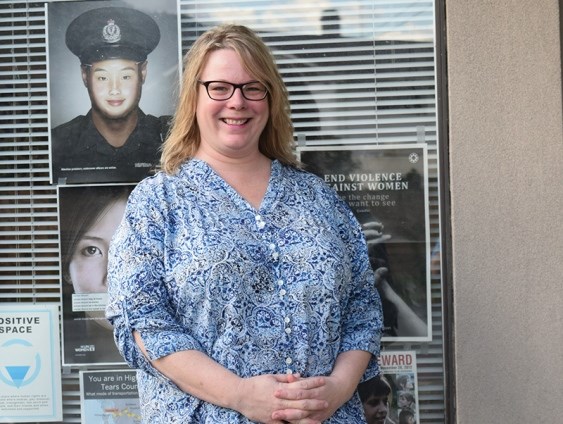The Howe Sound Women’s Centre Society is getting funding from the province to help improve the way sexual assaults are handled in the Sea to Sky Corridor.
The provincial government announced it was providing $39,958 to the women’s centre to help victims of domestic, sexual and other violence in the region.
"We are lucky to have a great organization like the Howe Sound Women's Centre Society, which reaches out to vulnerable, at-risk groups and provides compassionate support for victims of domestic and sexual violence," MLA Jordan Sturdy said in a news release. "This funding will help the society improve the way we respond to these appalling crimes so we can better serve survivors of sexual assault by providing protection, counselling and opportunities to heal."
The recent funding for the Howe Sound Women’s Centre Society is part of a nearly $7.2 million province-wide investment in community crime prevention.
Shannon Cooley Herdman, the centre’s sexual assault response and prevention coordinator, said the funding will be directed toward priorities such as resurrecting a sexual assault response committee for the region. As well, it will help develop a protocol to support victims of sexual violence.
Another area will be funding for training to provide culturally competent services for aboriginal survivors of sexual assault.
“I think it’s recognizing the history and contemporary context for what it means to be indigenous,” she said.
She pointed out the importance of this in the region, as the local First Nations population, at eight per cent of the total population, is higher than the provincial average.
Herdman is hopeful that some money from the province will help improve sexual assault response protocols, especially in light of cases like the Jian Ghomeshi trial or concerns about sexual assault on university campuses.
“I think society is really at a tipping point right now in terms of recognizing sexualized violence for what it is, and really ripping it out of the closet and addressing it face on,” she said.
The hope is that the women’s centre can bring in an expert in these kinds of protocols like clinical psychologist Lori Haskell, with an eye toward offering training in the fall or winter.
“She’s known as an expert in the field of trauma-informed practices,” Herdman said. “If our wishes come true, we’ll be able to actually bring her or someone that she identifies as someone knowledgeable in the field.”
Part of the protocol would include providing care for victims, streamlining processes for them and ensuring forensics services are available.
“It has to be client-centred care, of course,” she said. “The survivor-victim needs to feel in charge of the process.”
Herdman says these different approaches are designed to increase conviction rates, removing barriers such as forcing victims to make statements.
By incorporating these new approaches, the aim is to come up with better information during investigations, as well as allow the victim more healing time. Herdman cites an example like Austin, Tex., as a jurisdiction that has been able to increase its conviction rate for sexual assaults because of changes in how the cases are investigated.
Even having a better understanding of brain trauma can help and can lead to waiting for a few days to get statements from victims. During traumatic events, the brain produces natural opiates that can stay in a person’s system for a couple of days and affect the ability to recall details.
“The brain is an amazing thing,” Herdman said. “The more we can learn about the neuroscience of trauma, the more we can create a much-improved justice system.”



